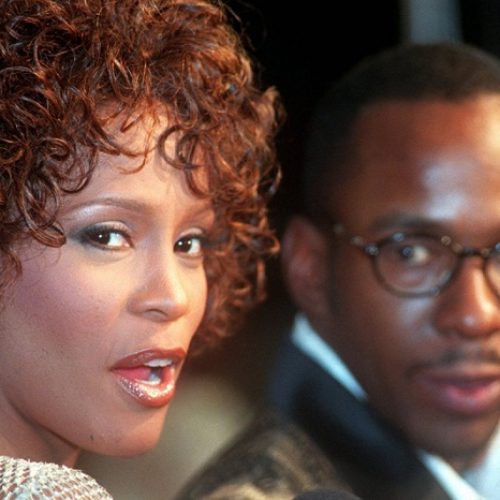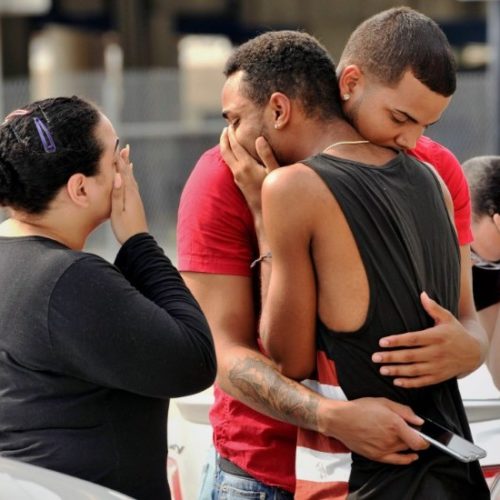Zero Means Zero
Prevention Access Campaign’s U=U:Undetectable= Untransmittable is a film that seeks to educate the public about what it means for an HIV-positive person to be undetectable, now that research has proven those who are virally suppressed are uninfectious. Bruce Richman, PAC’s executive director, says U=U celebrates “the news that having an undetectable viral load means that we are not capable of transmitting the virus to our partners.”
In 2016, the New England Journal of Medicine published the final results of HPTN 052, a study into whether antiretroviral medication alone is enough to prevent HIV transmission among serodiscordant couples. Researchers concluded that those who started antiretroviral therapy earlier were 93 to 96 percent less likely to transmit HIV to their partners than those who began their treatment later. But, Richman says, “96 percent reduction in risk is the wrong number” to focus on, because it was “based on early HIV treatment, not from an undetectable level …. The actual number for reduction in risk from undetectable levels is 100 percent.”
Dr. Carl Dieffenbach, director of the Division of AIDS at the National Institute of Allergy and Infectious Diseases, agrees. Speaking at the HIV Research for Prevention Conference in Chicago, Dieffenbach reported that, in all cases where HIV transmissions occurred in the study, there had been “treatment failure.” Either the HIV-positive partner had not been fully suppressed (to undetectable levels), or they had not taken their meds as prescribed and saw their viral loads rebound.
In a Facebook Live interview for AIDS.gov, Dieffenbach said, “The most important number that we can focus on is this: If you are durably suppressed—meaning you have had a repetitive viral load test at or below detection—the chance of transmitting HIV to your partner, assuming you’re staying adherent, is zero. I’ll say it again: the chance of transmitting [HIV] if you are virally durably suppressed is zero.”
Richman says Dieffenbach’s statement was particularly important because he represents the National Institutes of Health (of which the NIAID is a part of). He argues that it’s also critical to have Dieffenbach and other experts speak out, because “virtually all HIV communications in the U.S. convey that there is still a risk, or warn that the risk — according to mathematic models — is not zero.”
“Exaggerating the ‘danger’ we are to others is an act of violence against all of us with HIV,” Richman argues. “And it makes us vulnerable to a myriad of harms and injustices. We deserve and demand accurate and meaningful information. That is not only critical to our social, sexual, and reproductive health, but it is essential to end the epidemic.”
About author
You might also like
That Piece on Why Charlie Sheen is no Hero for his HIV Admission
Originally published on madamenoire.com On Tuesday morning, Charlie Sheen went on The Today Show and revealed to the world that he is HIV positive. During the in-depth interview, Matt Lauer
Bobby Brown reveals that Whitney Houston was bisexual
Whitney Houston’s ex-husband Bobby Brown says the rumors were true: the singer was bisexual. Brown confirms the speculation in his new memoir Every Little Step, according to US Weekly. “I
Orlando Shooting: What We Know and Don’t Know
A gunman who claimed allegiance to the Islamic State killed 50 people and wounded 53 more when he opened fire in a crowded gay nightclub in Orlando, Fla., early Sunday.










1 Comment
bruno
December 03, 08:09ironically it is safer to have sex with an undetectable positive person than with someone whose status you don’t know… when it comes to hiv ignorance is not bliss. every gay man has to know his status. for your own safety and safety of your sex mate(s). short of a cure/vaccine, that is the only way to end this epidemic.